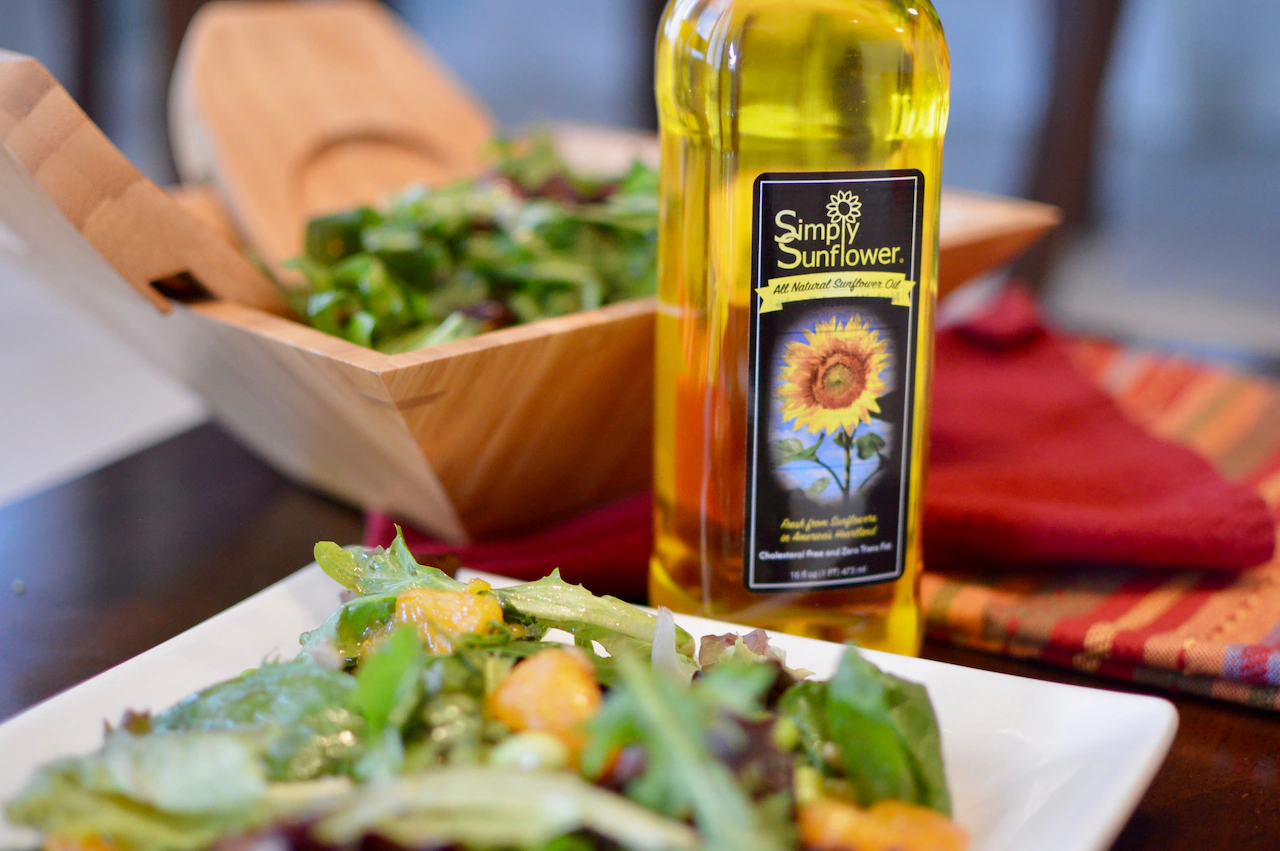Copyright cleveland.com

CLEVELAND, Ohio --The “Make America Healthy Again” movement, led by U.S. Secretary of Health and Human Services Robert F. Kennedy Jr., is getting pushback from seed oil companies. Kennedy has repeatedly warned that cooking with seed oils causes inflammation and chronic disease, urging Americans to return to “ancestral fats” such as butter, tallow and lard. In recent posts to X (formerly Twitter), he claimed seed oils “weaken cell function” and “accelerate chronic disease.” But nutrition experts say Kennedy’s advice is misleading — and potentially dangerous for public health. “Research has shown that animal fat increases your risk for heart disease and other correlated diseases,” said Lizzy Traxler, a clinical dietitian and diabetes educator at University Hospitals. “We really emphasize plant-based oils. We promote unsaturated oils, which come from plants and seeds.” While some seed oils, such as canola, corn, and soybean, are highly refined using heat and chemicals, experts say that doesn’t mean all seed oils are bad. In fact, the healthiest versions — cold-pressed and unrefined — are linked to heart health, not disease. Take Simply Sunflower, a Nebraska-based company that produces cold-pressed, high-oleic sunflower oil using sustainable farming practices. The oil is extracted without chemicals or high heat, a process that preserves natural vitamin E and healthy fats. “It’s been disheartening to hear seed oils labeled as awful,” said Sierra Forrest, director of marketing and sales at Simply Sunflower. “It’s not the seed that’s the problem — it’s how the oil is processed.” Unlike industrially refined oils, Simply Sunflower’s product never exceeds 100 F during pressing and retains its nutrients and golden color. The result is a vitamin E-rich oil recognized by the American Heart Association as heart-healthy, with a high smoke point suitable for everyday cooking. That distinction — between refined and unrefined — is key, according to Lindsay Malone, a registered dietitian and instructor in nutrition at Case Western Reserve University. “You can avoid the unhealthy processing by getting organic, cold-pressed oils,” Malone said. Production matters. Malone and other Cleveland-area nutritionists say the science is clear: unsaturated plant-based oils are safer than animal fats for most people, especially those with cardiovascular concerns. “Things like beef tallow, bacon fat, duck fat and butter shouldn’t be used freely,” said Julia Zumpano, a registered dietitian at the Cleveland Clinic. “For people without heart disease risk factors, small amounts are fine. But for everyone, extra-virgin olive oil, avocado oil or cold-pressed seed oils are much healthier choices.” In the end, experts say it’s not about nostalgia or “ancestral fats” — it’s about nutrition and moderation. “Seed oils are not the enemy,” Zumpano said. “They just get a bad reputation because they’re in heavily processed foods. When you use high-quality, cold-pressed oils, they can actually support your health.” Experts say Americans don’t need to fear seed oils. They just need to choose them wisely.



